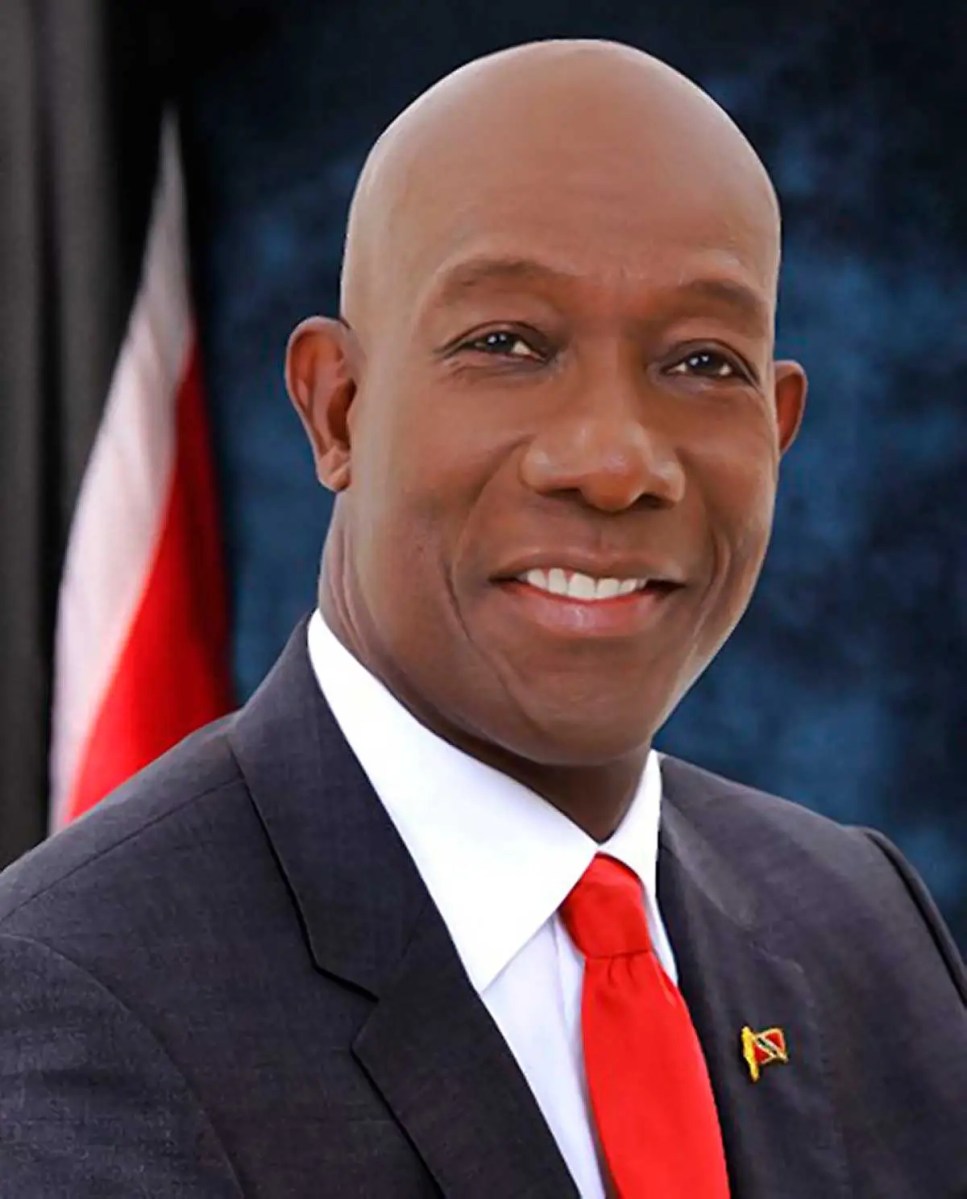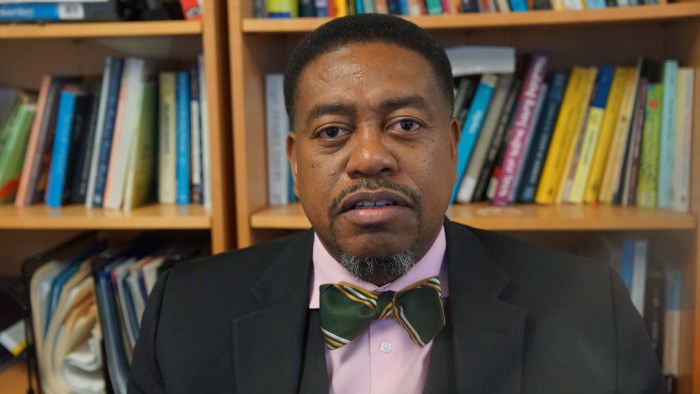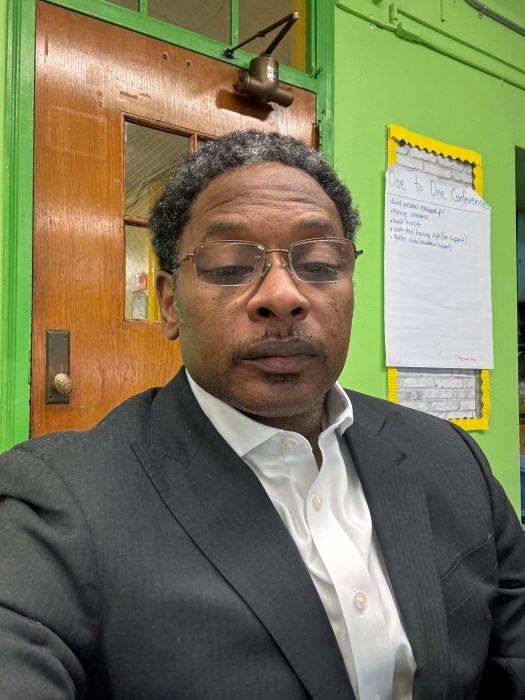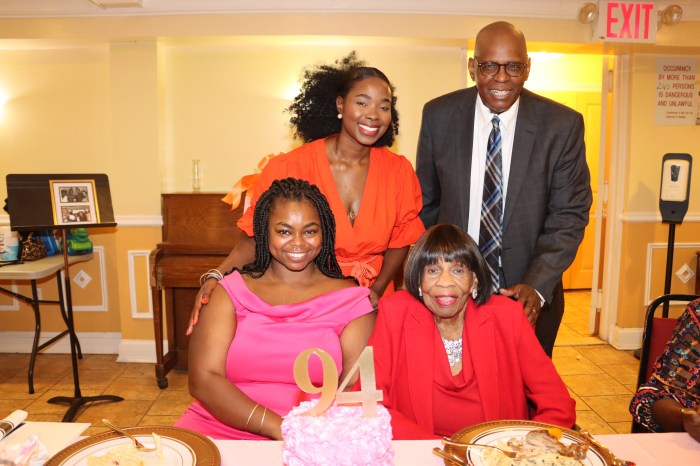Four of the larger Caribbean Community countries are preparing for general elections in the next year with Trinidadian Prime Minister, Keith Rowley giving a clear signal that an election date is near and ordering his supporters to begin campaigning in earnest.
While the governing People’s National Movement (PNM) has started to screen possible candidates for about eight political constituencies so far, elections and boundaries commissions in Guyana, Jamaica and Suriname are also gearing up for key plebiscites in the coming months.
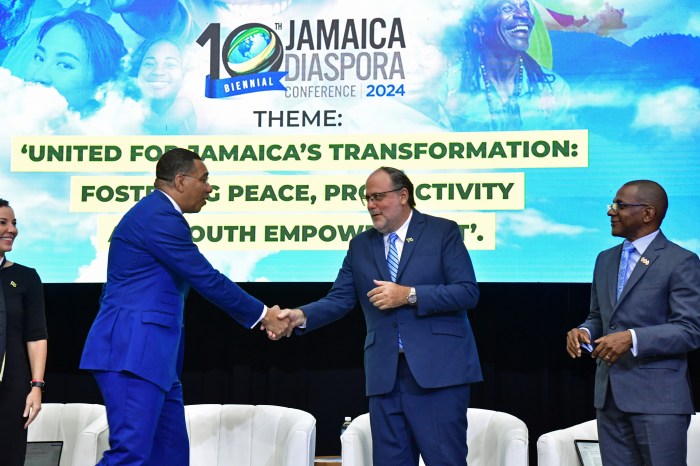
Of the four, an uphill battle is anticipated for Andrew Holness’ Jamaica Labor Party (JLP) to hold on to power as a resurgent People’s National Party (PNP) led by businessman and attorney Mark Golding has been leading in recent polling, buoyed by an improved performance in recent local government elections.
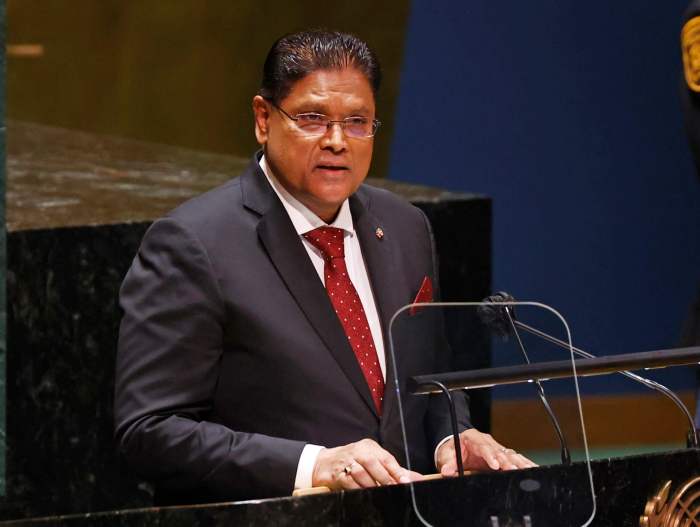
The same is true Chan Santokhi’s governing multi party coalition in Suriname which has been roundly criticized for failing to curb inflation, arrest the steady decline in the dollar, curb violent crime and deal with growing international concerns about Suriname becoming a narco transit state for drug shipments to Europe following some spectacular finds by authorities on the continent, the discovery of several clandestine jungle airstrips and the arrest of airport workers for placing cocaine on outbound aircraft.
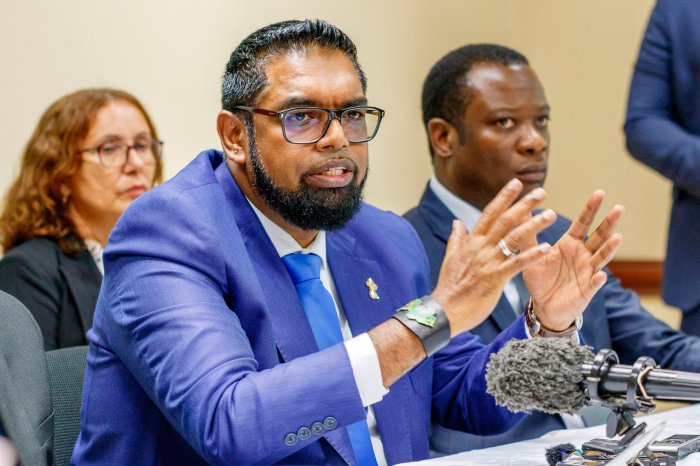
In Guyana, the main opposition APNU-AFC coalition is struggling to keep pace with a government that is enjoying billions from offshore oil sales even as the People’s National Congress (PNC), the largest party in the grouping, is being wracked by a series of embarrassing internal squabbles which have given the Irfaan Ali led administration an easy path to govern unimpeded while the PNC looks inwards and attempts to deal with its family issues.
Last weekend, PM Rowley blew the whistle for his supporters to formally get ready for elections by September next year even as the main opposition United National Congress (UNC) is also fixing to screen candidates for the 41 parliamentary seats. Rowley’s party has 22 of those.
“I ask you to stand by and wait for the call because, in the middle of the night, the dawn may not be too far away. Ladies and gentlemen, whenever they are ready we will beat them,” Rowley told a political rally.
For her part, UNC leader and former prime minister Kamla Persad-Bissessar says that removing the administration is the single most important agenda item.
“We must come together in the real battle-that of unseating the government. Once we move forward together as one party, with one common goal, we will be successful,” she said, also at a recent forum.
Suriname meanwhile, is probably the only country with the closest thing to a fixed election date with the next polls scheduled for May 25 next year as was the case five years ago and at other times.
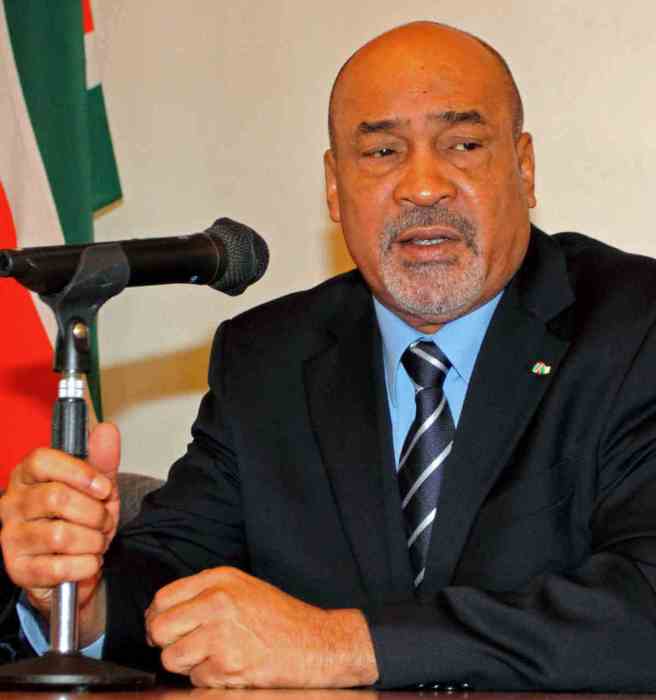
Santokhi’s coalition will face a tough fight for votes from the main opposition National Democratic Party of former military strongman, two-time military coup leader and twice elected civilian president Desi Bouterse. In hiding since an appeals court sentenced him to 20 years for mass murders back in 1982, his NDP is emerging as one of the stronger contenders to win a sizable chunk of the 51 available seats. Ironically, Santokhi’s Hindustani party, the VHP, will face rivalry from coalition member ABOP which has strong support among Maroons in the city and interior. Each party will contest individually and then decide what happens after based on results.
And early indications about post elections coalitions have come from the National Party of Suriname (NPS) which had abandoned government last year with its three seats and now hints about a possible link up with the NDP now that Bouterse is in hiding from prison authorities and will not be party’s candidate.
“Let the people make a decision. We have no problem with Mr. Bouterse as a person. But as officials we had serious problems with the way the country has turned over the past 40 years under that chairman’s leadership. Also, from before that period, the military coup. Democratic government actually faded away those days. let us look to the future and let us see how we can at least give these people the guarantee,” said party leader Greg Russia.
As the region heats up politically, the Guyana Elections Commission says it will soon publish a preliminary votes list, issue identification cards to those who have applied and will step up voter education in the coming weeks for an anticipated date around November 2025.


